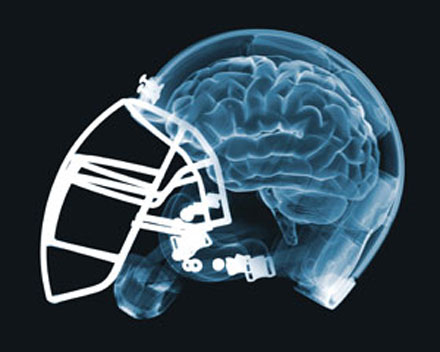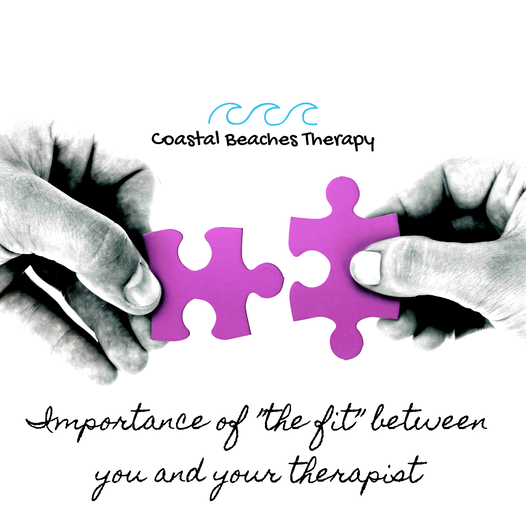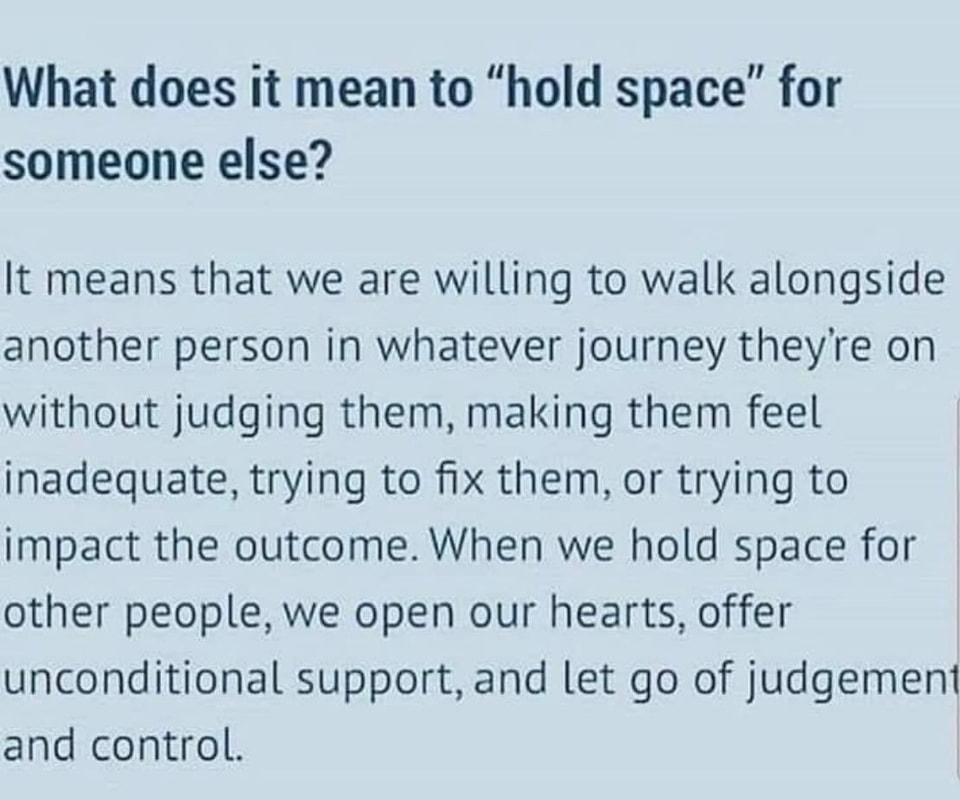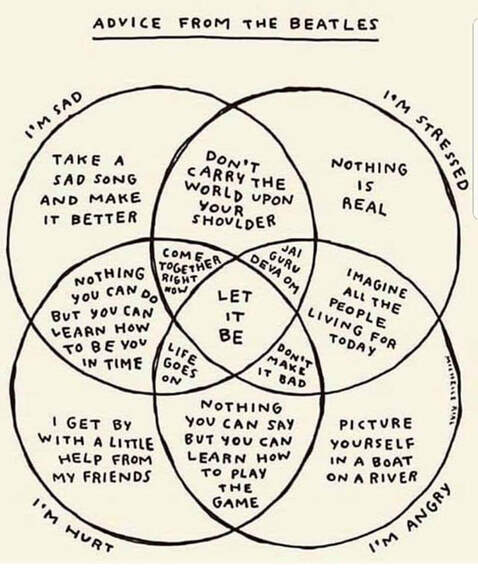|
Now that the June 15th deadline has passed and college coaches can reach out to high school athletes, the pressure felt by athletes is palpable. When I work with athletes, we collaboratively establish a mental game plan to assist them in preparation for a diverse variety of challenges ahead.
For example, when a student athlete learns to focus on small, but impactful goals, I notice a shift in their mindset. As the internal pressure for perfection decreases, the motivation to instead achieve excellence increases. Instead of focusing on the outcome of performance, we work on developing intentional awareness to areas of the game they want to improve. I believe sports are played with the body, but are won in the mind. And if an athlete concentrates primarily on impressing others through their performance, they are creating extra-tension which clouds purpose, passion and can lead to burnout. If you or your student athlete is feeling overrun with pressure, let's get a game plan together. I want to offer a heartfelt thank you to Baptist Health and their wonderful Lead Chaplain, Reverend Lisa Solwold for generously inviting me to participate as a guest speaker for their 8-week series, "Nourishing Your Caring Spirit: Transforming the challenge of the past to the strength of the future"
I am so grateful for ALL healthcare providers, especially the front line clinicians who have been working non-stop throughout the pandemic. You are my healthcare heroes. If you are not already aware, Shark Week on the Discovery Channel begins tonight! That being said, Sharks are my most favorite animal in the entire world. Unfortunately they get a bad reputation for being blood thirsty and aggressive predators. The photo you see above is from a trip to Jupiter, Florida. We traveled to Jupiter just to swim with sharks in the ocean.
The day we were out on the water, we initially encountered some very shy bull sharks. Gradually once we passed the vibe check and the sharks could trust us, there were twenty-one plus bull sharks coming to the surface. Because the sharks could trust that we were not going to harm them and were not weak or injured prey, they allowed us to swim closely with them. The bull sharks approaching us was not an instant process. They key word here is PROCESS. Trust is critical for any working relationship. In therapy, trust is an important if not critical factor for successful outcomes and progress. Have we met yet? If not, I want to take this time to introduce myself.
1. I am Amy Pope-Latham - Licensed Clinical Social Worker in the state of Florida. I am originally from Long Island, New York or as it is pronounced back home, "Lawng Guyland". 2. I am a Certified Eye Movement Desensitization Reprocessing (EMDR) therapist. I utilize a Somatic Attachment Focused EMDR (SAFE) model in my practice as a trauma therapist. 3. I specialize in working with athletes and adolescents! I also have the privilege of working with a variety of amazing people, regardless of my specializations. 4. I love medicine and I have tremendous respect and admiration for the human body. That being said, I largely use biology, neuroscience, and physiology concepts in my practice to better help my clients. 5. My posts on social media and this blog are not therapy and should never be considered a replacement for therapy. You are allowed to laugh and enjoy the content I share though! Thank you for attending my Ted-Talk. Enjoy the rest of your day! -Amy As a mental health expert specializing in working with elite and professional athletes, playing a sport won't "solve" or "cure" issues related to mental health.
What I generally observe is a disconnect occurring between the mind and body, affecting performance, and ultimately affecting emotional safety and health. This cycle circulates in one big loop, or what I love to phrase as a "pattern". At the same time, it is also important to recognize that an athlete is still a human being under the helmet or uniform he or she wears. Just because a person can compartmentalize and carry pain well does not mean it is not heavy for that person. Athletes face various challenges in their career on and off the sports field. I feel that a greater knowledge of the conceptualization of mindfulness and its impact on psychological skills could truly shift the way athletes maintain and even improve performance before, during, and after game time. In the unforgiving environment of professional sports, dysfunctional thinking can impact and interfere with performance.
When working with professional athletes, I love collaborating with my clients to develop specific strategies to address dysfunctional thinking patterns and other challenges. Coping strategies offer athletes additional psychological opportunities to enhance his or her chances of performing at his or her highest level under very demanding, stressful, and sometimes even hostile conditions. Before going any further in this blog post, I believe it is important to give credit to where credit it is due. Mindfulness is popular and used generously among mental health professionals as treatment for a variety of mental health disorders, including most notably, anxiety and trauma-related disorders. My two personal favorite types of Mindfulness interventions are Mindfulness Based- Cognitive Behavioral Therapy, and Dr. Jon Kabat-Zinn’s Mindfulness-Based Stress Reduction (MBSR). I was first introduced to Dr. Kabat-Zinn and MBSR in graduate school. Although I attended Stony Brook University, I was offered the opportunity to enroll in a research-based elective, dually offered by Columbia University and it's Advanced Consortium on "Evidence Based Practices", and in reflection, I am so happy I accepted the opportunity! High performance athletes can experience a variety of performance-inhibiting stressors. Most frequently, my clients come to session and process topics that induce stress such as: unrealistic expectations because of perfectionism, competition anxiety, anger and other negative emotions, fear of failure, perceived pressure, and avoidance behavior. Additionally, other factors that can negatively impact performance include: having an avoidant coping style, interpersonal problems, or life-balance difficulties. However, similar to the most successful surgeons, athletes have the distinct superpower to transform stressors automatically into fuel in order to meet the specific demands of the game. In other words, athletes use this automatic process, similar to autopilot as a way to use stress as energy, resulting in enhanced performance. Most frequently this superpower is an alternative label for more well-known defense mechanisms such as "compartmentalization" and "sublimation". So if athletes have metaphorical black belts in compartmentalizing and channeling emotional and psychological stress into elite performance fuel, why are we focusing on Mindfulness? Mindfulness focuses on changing the function, not the form of behavior, emotion, thinking, or how we experience things. Mindfulness aims to change the relationship of thoughts and emotions. Mindfulness has no desire to change the content of those thoughts and emotions. How can this be integrated into elite sports? Perhaps breathing exercises can be introduced in a non-sport setting. Athletes can integrate mindfulness exercises directly during a big play when they focus on the breath or letting go of thoughts of pain or discomfort. One of my favorite techniques is using a body scan exercise. Again, thinking of how this can be woven into the tapestry of sport, a body scan exercise can be easily completed during the cool-down at the end of practice or training. I don’t want to suggest that using mindfulness will automatically lead to major shifts in performance overnight. But down the road with further inclusion of mental health support in professional sports, I think we will start to see a happier and overall healthier group of professional athletes and role models. Connection between client and therapist is so important, if not the MOST important factor in any type of helping relationship. And like meeting new friends or dating, you aren't going to click with everyone and that is okay!
I feel that one of the best things about therapy is the abundance of therapists out there, and if you decide a therapist isn't a good match for you, then you don't need to go back! Of course, if you make the decision to find a new therapist, I encourage letting the existing therapist know. He or she may offer a session at no cost to you where he or she can offer a termination session. Termination is a gradual and completely NORMAL process of therapy and technically begins the first session of therapy. Your therapist should support this concept in treatment. So where to begin? Please keep these things in mind when searching for a therapist you will vibe with:
I recently came across an article on the NBA's official website from March 12, 2019, describing a league-wide mental health initiative taking aim at addressing mental health and wellness issues for players.
This is wonderful news for athletes, the NBA, and families and loved ones of athletes as well! The battles professional athletes have with mental health issues shows that money nor fame can solve everything. More importantly, it shows mental illness does not discriminate. It can affect anyone. Whether you are struggling with a mental health illness, or you simply want to perform better mentally, the first step to working on your mental-emotional health is to be unapologetically open with yourself and recognize the emotions you are feeling. Above all, don't feel scared to reach out if you need someone to talk to. I am here to support you in all areas of your health. Mental health matters to everyone and I think this is an amazing step in the right direction for our athletes! You can read the original article by clicking here. What kind of space are you holding for others? Ask yourself this: am I listening to really hear what someone has to say? Or am I listening to respond?
If you listen to respond you will communicate with defensiveness. If you listen with curiosity you will communicate validation. When your child, partner, friend, and so forth wants to share something with you, he or she wants to be heard. Listen with curiosity, reflect what you heard, and offer validation even if you don't agree. Often times I am approached by parents who are seeking guidance to better understand and "get through" to his or her child. My response is usually simple and to the effect of: "Your child is telling you what they want and how they feel, the solution is to hear what he or she is saying". Seriously. Communicating with children and adolescents is easy when barriers to understanding are removed and words are genuinely heard. I always say, "healing begins the moment we feel heard". If or when you find yourself in a dialogue with your child, spouse, friend, and so forth, I invite you to really take a moment to listen and hear what is being said. Think of your mind as real estate property. Each time the wheels in your mind begin turning (e.g. thinking of a response, forming a judgment) the valuable property in your mind is being sold to ownership by judgment, emotion, and/or defensive thought. Using this metaphorical mental space example, giving the real estate to listening just to hear, sets the conditions for the development of mental property that is free from judgment and can gain equity through mutual understanding and connection. Remember, you can decide at any moment to designate the real estate in your mind to become open to limitless possibilities, including the possibility of holding a space for someone else to heal and feel safe. With all this big said, there is a beautiful quote I am so excited to share with you today and it is right below these final sentences. I hope you have a great start to your week! "The most basic and powerful way to connect to another person is to listen. Just listen. Perhaps the most important thing we ever give each other is our attention...A loving silence often has far more power to heal and to connect than the most well-intentioned words" - Rachel Naomi Remen I came across this AWESOME picture by Michelle Rial the other day. Without hesitation I printed it, framed it, and now get to have this in my office to share with my clients.
I always find a way to incorporate The Beatles into my practice as a therapist and I am delighted to share this with you as well! Enjoy your Friday and welcome to the month of March! |
AuthorAmy Pope-Latham, LCSW is a board certified mental health professional in Ponte Vedra Beach, FL. Archives
December 2022
Categories
All
|









 RSS Feed
RSS Feed